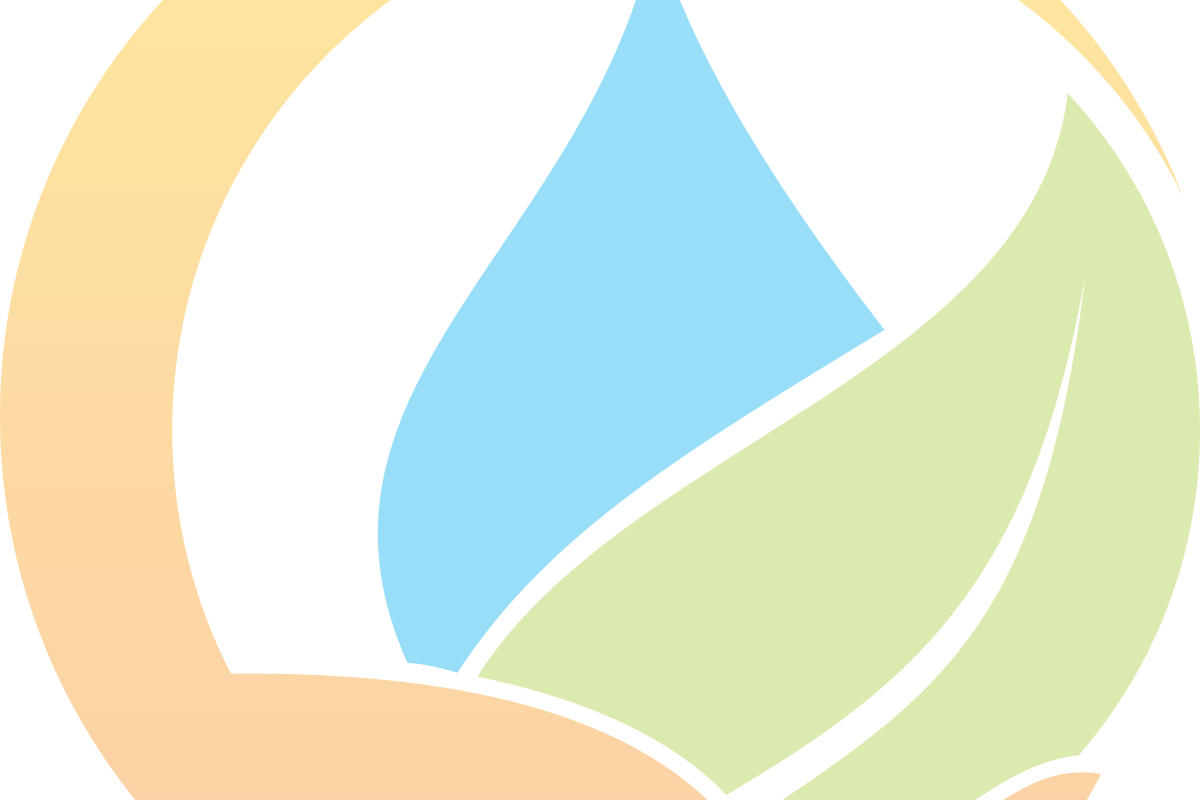
Independent Water Experts

Irrigation system controllers range from very basic entry-level controllers, suitable for residential/garden irrigation to more sophisticated volume based, internet enabled irrigation controllers for large orchards or vineyards, and more complicated applications.
Smart controllers increase flexibility and functionality with predictive watering, and can be controlled from your mobile phone via an app.
Your time is very valuable and manually operating irrigation systems take up a lot of time if you’re doing it yourself. Auto-scheduling saves you time, water and money.
Whilst it is easy to see the effects of under-watering, it is often not so easy to see the effects of over-watering. Yet the negative effects can be just as detrimental to your crop or plants and the continual run-off means wasted water and nutrients down the drain.
Smart irrigation control systems deliver exactly the amount of water that is needed for plants to thrive. Some smart controller options adjust for the soil type as well which cycles and soaks your irrigation in the perfect increments of time, so water is absorbed and doesn’t run off. They also adjust for rain or soil moisture levels which prevents overwatering.
Smart controllers have additional capabilities such as flow monitoring, zone shutdown and email/SMS alerts for leaks and broken pipes (great for those night-time irrigation faults that can go unnoticed).
Another benefit is that smart irrigation controllers have an easy and accessible web portal controller that can be accessed via a tablet, smartphone or computer from anywhere in the world! Just imagine being on holidays on the other side of the world and having the ability to adjust your irrigation.
Water meters are essential for monitoring flows in agricultural, industrial and all water supply applications, and assist with a range of factors, including:
When it comes to monitoring the flow of water within any system, there are typically four types of water flow meters that could be used.
We supply everything from small manual hydraulic water meters right through to larger meters for river pumps, as well as electromagnetic water meters and insert style meters for large diameter pipes.
Our expertise with the Microcom Nemos N100/N110 datalogger flowmeters is benefitting farmers and growers, saving money by alerting them to water loss due to leaks in pipework.
Farmers have many kilometres of buried pipework often in very sandy soil, therefore small leaks can go undetected for weeks or months. Pipework often runs along or through scrub lines and lost water is quickly used by vegetation, not showing up as a puddle or muddy area.
Small leaks will generally grow, but by the time they are large enough to be found, many kilolitres can be lost, resulting in excessive water bills.
Real time flow alarms are sent via SMS alerting the owner to a problem.
The Nemos datalogger provides a solution with real-time logging of water meter data, giving daily consumption reports per water meter. The Nemos N110 comes with the additional inbuilt pressure transducer enabling monitoring of flow and pressure from a single device, providing accurate information to monitor, diagnose and balance water demand.
